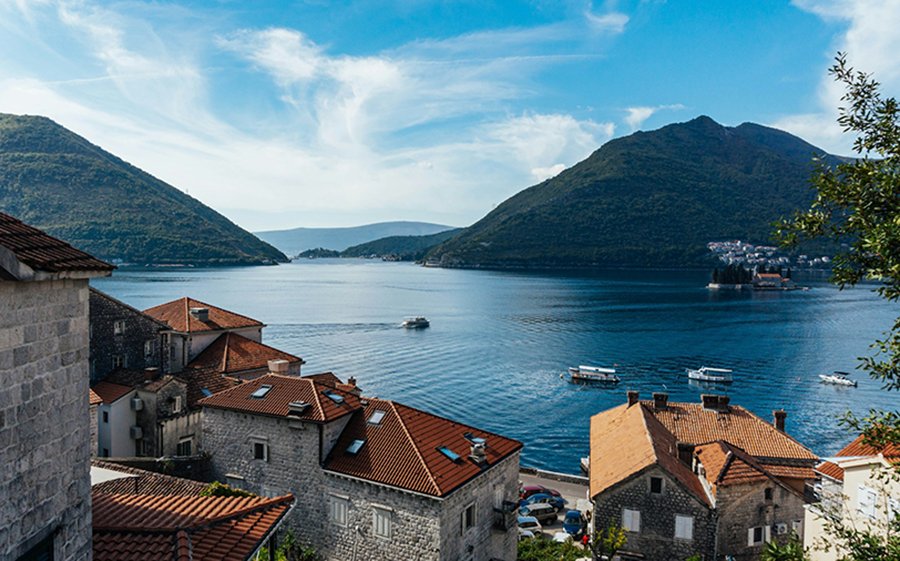Montenegro to Introduce Visas for Russians Soon — To Secure EU Entry

Photo: Unsplash
Montenegro’s President Jakov Milatović acknowledged in a Politico interview that changing the visa regime could harm the economy. Some decisions are being delayed—including those affecting Russia—but to meet EU standards the changes will come “very soon”.
Montenegro aims to join the European Union by 2028. This goal drives most reforms, including the visa regime overhaul. Russia, Belarus, Kazakhstan, Azerbaijan, Armenia, Uzbekistan, Egypt, Qatar, China, Kuwait and Turkey were initially on a list of 11 countries deemed higher-risk for irregular migration and security threats. Later, however, Montenegro lifted visa-free status for Bahrain and Saudi Arabia instead of tightening it for those states first.
The European Commission threatened to withhold €383.5 million in reform and growth funds unless Montenegro made progress, prompting the country to
remove visa-free access for Armenia, Uzbekistan, Egypt and Kuwait. Of the 33 chapters in accession talks with the EU, seven are already closed and five are expected to be completed by year-end, making Montenegro one of the most advanced candidates for membership.
The European Commission recently commended Montenegro’s progress under the Western Balkans Growth Plan and announced an additional €8 million allocation. Should reforms continue, total funding could exceed €380 million. The country has also joined the Single Euro Payments Area (SEPA) and roaming charges between the EU and Montenegro are set to be abolished by 2026.
Tourism accounts for about 26% of GDP, so any visa restrictions could reduce visitor numbers and sector revenues. “We try to postpone visa introduction as long as we can to support tourism,” Milatović explained. “But I am deeply concerned by the magnitude of Russian money flowing in. We are in a kind of vacuum because we do not yet have full access to EU funds.”
Currently, Russians may enter Montenegro visa-free and stay up to 30 days. They remain the largest foreign investor group and the country receives about 230 000 Russian tourist visits annually. There are also 18 427 Russian residents holding Montenegrin residence permits — the largest foreign national group in the country.
Milatović emphasised that aligning the visa policy with Brussels will happen “very soon” and is part of the EU accession track. He added that he expects stronger EU support to combat “hostile foreign influence” and disinformation: “This interference is a threat to regional stability and could slow the EU enlargement process,” he said. He discussed this issue with European Council President António Costa.
Montenegro has a population of roughly 600 000. For years the country has been pursuing the status of the next EU member. But obstacles remain: pro-Serb parties’ influence, tense relations with Croatia and lingering scepticism among some EU states. For example, France’s President Emmanuel Macron noted that the EU must reform before accepting new members. However, Milatović says Macron has become more optimistic after personal conversations. “Two years ago he had one view, but after many discussions with me he became more positive about Montenegro’s membership. I think the same applies to other EU leaders,” he commented. He added that the EU itself must prove that enlargement still makes sense: “The most recent accession was Croatia more than ten years ago, and meanwhile the UK left. Now is the time to revive the process and restore the attractiveness of the idea of the European Union.”
“The last country to join the EU was Croatia more than ten years ago, and in the meantime the UK exited,” the president said.
“Now is the time to rekindle the process and reaffirm the EU as a union that still attracts new states.”








